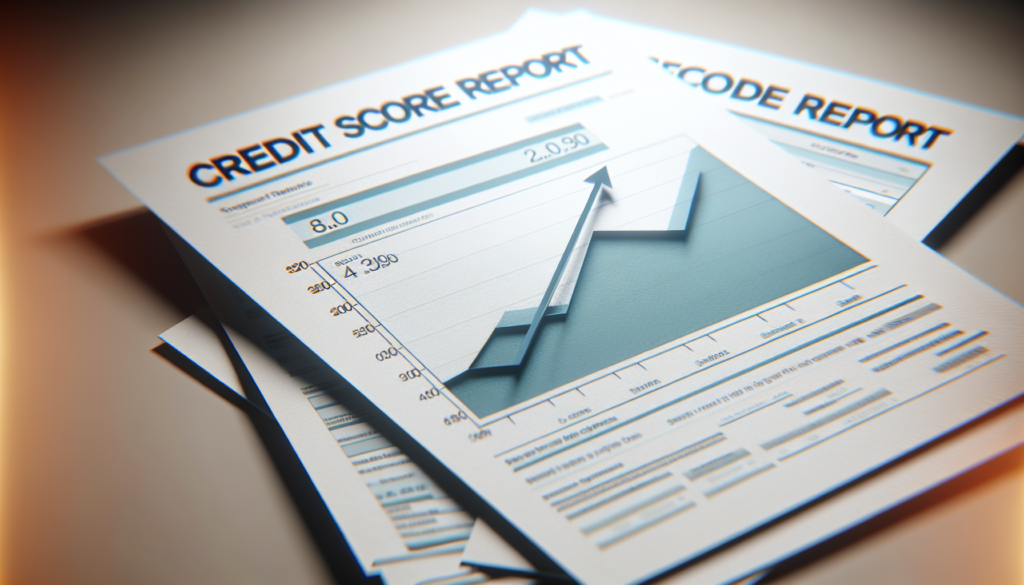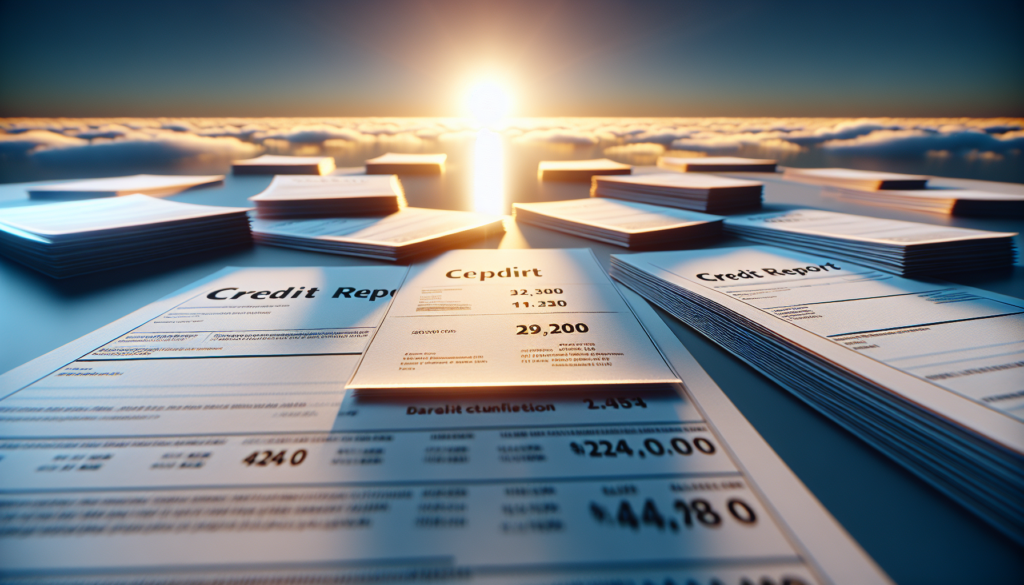Withdrawing money from bank accounts prior to filing for bankruptcy is a topic that requires careful consideration due to the potential legal and ethical implications. If you’re contemplating bankruptcy, it’s crucial to understand how such actions might be perceived and the consequences they could entail. Here’s a detailed look at the considerations surrounding withdrawing money […]
Chapter 7 bankruptcy can affect a spouse. Here are some key points to consider: Individual vs. Joint Filing: Individual Filing Example: Suppose John has accumulated $30,000 in credit card debt in his name only. He decides to file for Chapter 7 bankruptcy individually. His wife, Jane, is not responsible for this debt since it’s in […]
Being in debt can lead to a variety of legal consequences, which can escalate in severity depending on the amount of debt and the length of time it remains unpaid. Bankruptcy can offer a legal remedy to these issues, providing a structured way to address and potentially eliminate debt. Here’s an overview of the legal […]
Falling behind on mortgage payments can be a distressing experience, leading to the fear of foreclosure and the loss of one’s home. However, bankruptcy offers legal avenues to address this issue, providing individuals with options to either get a fresh start or reorganize their debts. Chapter 7 and Chapter 13 of the U.S. Bankruptcy Code […]
Whether you can keep your house when you file for bankruptcy depends on several factors, including the type of bankruptcy you file (Chapter 7 or Chapter 13 in the United States), the equity you have in your home, and the exemption laws of your state. Chapter 7 Bankruptcy and Your House In a Chapter 7 […]
In bankruptcy, not all types of debts are dischargeable. The ability to discharge debts depends on the type of bankruptcy filed (Chapter 7 or Chapter 13 in the United States) and the nature of the debts. Understanding which debts can and cannot be discharged is crucial for anyone considering bankruptcy as a means of financial […]
Renting an apartment after filing for Chapter 7 bankruptcy is certainly possible, though it may come with challenges. The impact of a Chapter 7 bankruptcy on your ability to rent depends on various factors, including the landlord’s policies, the rental market in your area, and the steps you take to mitigate the bankruptcy’s impact. Here’s […]
When filing for Chapter 7 bankruptcy, one of the major concerns for filers is the protection of their property from being sold off to pay creditors. The extent to which property is protected in Chapter 7 bankruptcy largely depends on state-specific exemption laws, as well as federal bankruptcy exemptions. States differ significantly in how they […]
Filing for bankruptcy is a significant financial decision that often comes after a period of hardship and stress. However, it also provides valuable lessons on managing finances, understanding credit, and planning for a stable financial future. Here are the top five lessons learned from filing for bankruptcy: The Importance of a Budget Lesson: One of […]
Filing for bankruptcy can temporarily stop a foreclosure or a repossession due to the automatic stay that goes into effect immediately upon filing. The automatic stay is a powerful legal provision that halts most creditors’ collection actions against you, including foreclosure and repossession efforts, for the duration of the bankruptcy process. Here’s how it works […]
A discharge in bankruptcy is a legal order that releases a debtor from personal liability for certain types of debts, meaning the debtor is no longer legally required to pay any debts that are discharged. This discharge is the primary goal for most individuals filing for bankruptcy, as it provides a fresh financial start by […]
Not all debts can be discharged in bankruptcy. The ability to discharge debts depends on the type of bankruptcy filed (Chapter 7, Chapter 13, etc.) and the nature of the debts. Some debts are typically non-dischargeable across all types of bankruptcy, while others may be dischargeable under certain conditions. Here’s an overview of which debts […]
Filing for bankruptcy can lead to profound debt discharge effects, significantly affecting an individual’s financial standing. This major event typically results in a substantial decrease in credit scores, often leading to a drop of 100-200 points. Such a dramatic fall is indicative of the insolvency rating implications that bankruptcy entails, signaling to creditors and lenders […]
Emerging from the complex process of insolvency recovery, individuals often find themselves at a crucial financial rebuilding juncture. Embracing the lessons learned from past financial mistakes is vital. Such fiscal restructuring insight propels one to adopt responsible money management practices, firmly placing liability adjustments at the heart of every financial decision. This ensures that each […]
Embarking on the journey of credit reestablishment after bankruptcy requires a strategy infused with Post-Insolvency Finance Management principles and a commitment to prudent credit practices. To effectively navigate this path, it’s crucial to prioritize financial recovery tactics that align with your long-term goals. In the aftermath of bankruptcy, managing your finances with increased vigilance becomes […]
Embarking on credit rebuilding steps after experiencing insolvency might seem challenging, but it becomes manageable with a clear roadmap, guiding your journey toward financial recovery and FICO enhancement. The initial step is to conduct an insolvency score analysis by reviewing your debt discharge report diligently. This review ensures all settled debts are accurately reflected as […]
Embarking on the path of bankruptcy recovery may initially appear intimidating, but approaching it with a commitment to fiscal resurgence transforms it into a proactive quest for a new beginning in your financial life. The process invariably starts with debt restructuring, a fundamental step that necessitates a thorough reevaluation of existing debts. This is the […]





